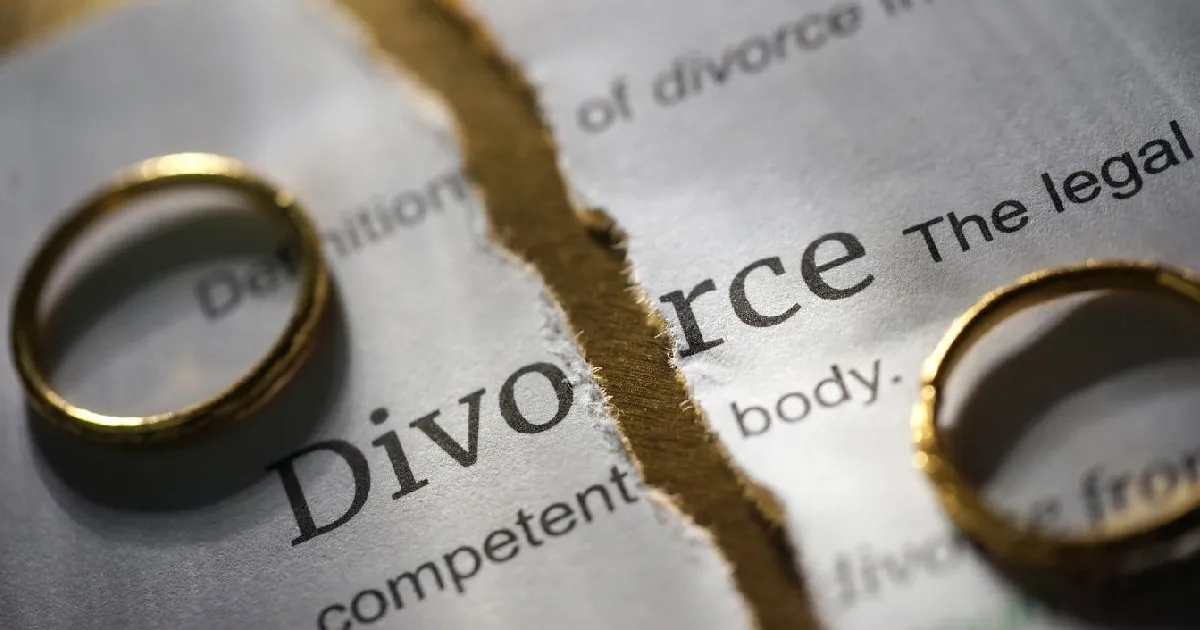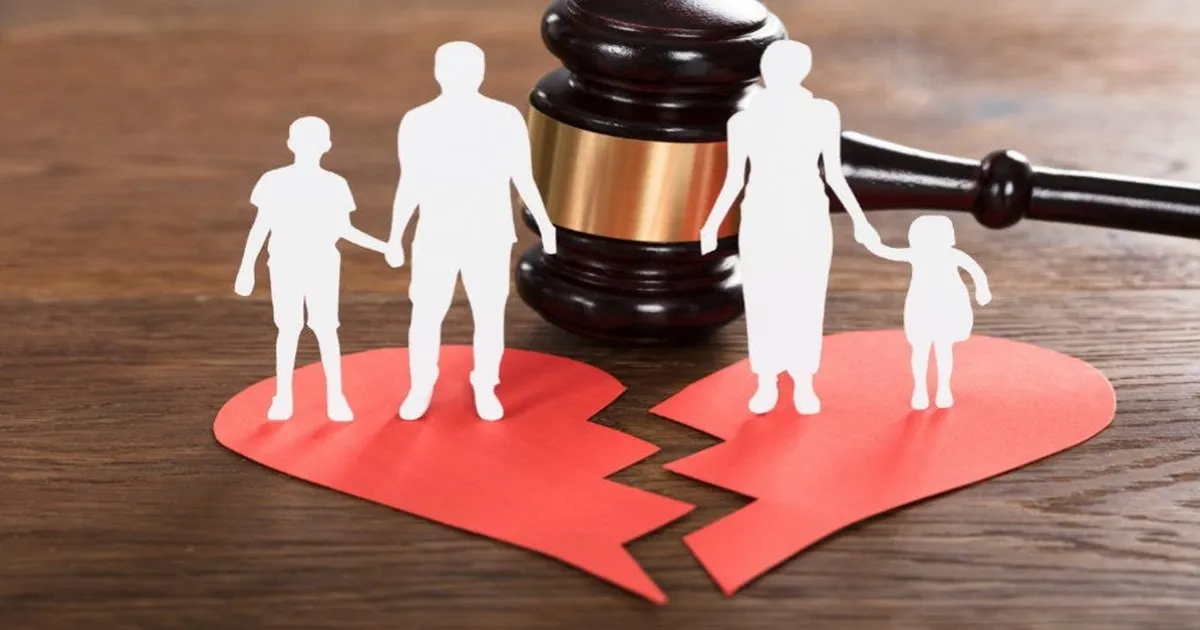Let’s be honest: divorce is stressful enough without having to decode complicated laws—especially when you’re living abroad in the UAE. Whether you’re a Muslim, non-Muslim, long-term resident, or even just visiting, the rules around divorce here can feel overwhelming. That’s why I’ve created this easy-to-follow, human-friendly guide to explain how to get divorce in UAE in 2026.
Understanding Divorce Law in the UAE

In the UAE, your divorce path depends on two big things: your religion and your choice of law. Why? Because Muslims follow Sharia-based rules, while non-Muslims can now choose a more modern civil process (thanks to updated laws). Let’s break it down simply:
What Changed Recently?
Divorce Got Simpler for Non-Muslims. In 2022, the UAE introduced Federal Decree-Law No. 41 of 2022, making life easier for non-Muslims. You can now skip the traditional Sharia court route and opt for a civil divorce instead—especially if you’re in Abu Dhabi or Dubai.
If you’re Muslim? Sharia law still applies, but that doesn’t mean you’re trapped in an endless courtroom battle. Mediation often helps settle things quickly.
Types of Divorce in the UAE
- Sharia Divorce (Talaq): Used by Muslim couples. The husband can initiate, but courts are involved for formalities and financial matters.
- Judicial Divorce: Either spouse asks the court to intervene (common in disputes).
- Mutual Divorce: Best-case scenario—both parties agree and file together (more common among non-Muslims).
- Contested Divorce: Things aren’t amicable, so you’ll need the court’s help to settle everything.
How to Get Divorce in UAE Based on Legal System

Divorce Process for Muslims (Sharia Law)
Here’s what typically happens:
- Talaq declaration (the husband’s statement) or court request.
- Family Guidance Committee steps in for mediation. Courts require this first.
- Still not resolved? You’ll go to Sharia court.
- Courts decide on dowry, maintenance (called Nafaqa), and custody issues.
Divorce Process for Non-Muslims (Civil Law Option)
If you’re a non-Muslim, here’s the good news: you don’t have to follow Sharia rules. Instead, you can:
- File directly in a civil court (Abu Dhabi court or Dubai are the most straightforward).
- Use the DIFC Courts in Dubai, which specialize in non-Muslim divorces.
- Apply your home country’s laws if you prefer—though UAE courts have the final say if they clash with local rules.
Should You Use UAE Law or Your Home Country’s Law?
For non-Muslims, the UAE lets you pick. UAE civil law is usually simpler, but if you’re more comfortable with your home country’s laws, you can request that too. Just know that if your laws contradict UAE public policy (like same-sex marriage), the UAE system takes over.
How to Get Divorce in UAE: Step-by-Step Process
Filing Through the Family Guidance Committee ( For Muslims)
- Start with Family Guidance mediation.
- If that fails, your case goes to Sharia court.
- Prepare for discussions on finances, custody, and dowry.
Direct Filing in Civil Court (For Non-Muslims)
- Go straight to civil court (no mediation needed).
- If both spouses agree? Things move quickly.
- If not? A court decides custody, alimony, and asset division.
Divorce proceedings often involve emotional and legal complexities, especially when property and inheritance are involved. If you’re wondering about what happens to inheritance rights post-divorce, our article on can a divorced spouse inherit in UAE dives deep into this topic and clears up common misconceptions.
Documents You’ll Need:
- Marriage certificate (officially translated into Arabic).
- Emirates ID and passport.
- Proof of residency.
- Any proof for your claims (if it’s a contested divorce).
Tip: Many UAE courts now let you file online, especially for simpler cases.
How to Get Divorce in UAE with Children

- For Muslims: Mothers usually get custody of young children, while fathers remain legal guardians.
- For Non-Muslims: Courts often support joint custody unless there’s a strong reason otherwise.
- Financial support? Fathers usually pay under Sharia, but civil courts assess both parents’ incomes.
- Want to travel with your child? You’ll need the other parent’s permission in most cases.
How to Get Divorce in UAE and Claim Financial Rights
Alimony and Maintenance (Nafaqa) Under Sharia
- Muslims: Nafaqa (maintenance) payments are standard during the waiting period (Iddah). Courts also handle dowry disputes.
- Non-Muslims: Civil courts divide joint property fairly, not necessarily 50/50. Alimony depends on your financial situation and marriage history.
What Rights Does a Divorced Woman Have?
- Maintenance during the Iddah period.
- Custody of young children (often).
- Potential alimony or financial compensation (especially in civil divorces).
- Right to live with children if awarded custody.
- Right to remarry (after waiting period for Muslims).
How Long Do You Have to Wait to Remarry?
- Muslim women: Wait for the Iddah period (3 months, or until childbirth if pregnant).
- Non-Muslim women: No waiting period. You’re free to remarry once your divorce is finalized.
Planning to get married in the UAE before any of this becomes relevant? Make sure you follow the legal steps. Here’s how to register your marriage in Dubai properly and avoid future complications.
When to Hire Our Family Lawyers?
Some amicable cases might not need a lawyer. But if you have:
- Children
- Joint property
- A contested divorce
- Foreign law involved
…it’s best to hire a UAE-based family lawyer. Our family lawyers in Dubai will help you avoid costly mistakes and speed up the process. Need help starting the process? Contact our family lawyers today. It’s your life. Protect it.
Final Thoughts: UAE Divorce Doesn’t Have to Be Scary
Divorce is never easy. But in the UAE, once you understand your options and get proper advice, it’s far less intimidating. Whether you’re filing through Sharia courts or opting for a civil divorce, the 2026 system is designed to give expats more control and clarity.
So, take a breath. Know your rights. And remember—you don’t have to navigate this alone.
FAQs About How to Get Divorce in UAE
1- How much does divorce cost?
Anywhere from AED 15,000 (amicable cases) to over AED 50,000 for contested ones.
2- How long does the divorce process take?
Uncontested divorces: 1–3 months. Contested: 6–12 months.
3- Can women file for divorce?
Yes! Both Muslim and non-Muslim women can initiate the process.
4- Where do I file divorce?
Muslims: Sharia court and Non-Muslims: Civil courts or DIFC courts.
5- Can I file divorce online?
Yes, in Dubai and Abu Dhabi, for simpler cases.
6- Is annulment the same as divorce?
No. Annulment erases a marriage as if it never happened. Divorce ends a valid marriage.
7- Should I get a lawyer for a divorce?
If you have kids, money, or any disputes—absolutely.



